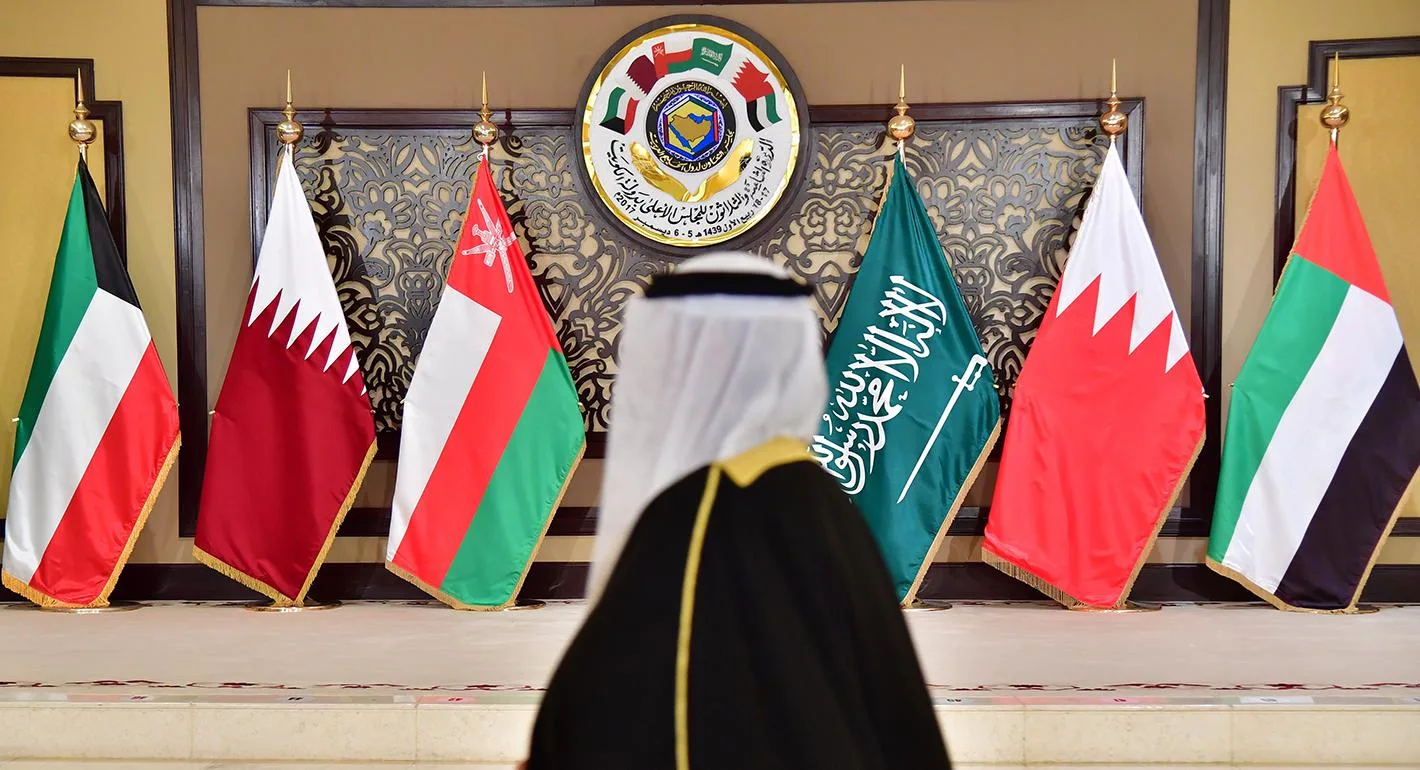Banks in the Gulf Cooperation Council (GCC) reported record profits of $15.6 billion in Q1 2025 — a 7.1% increase from the previous quarter — despite a dip in net interest income for the first time in two years.
The performance was driven by higher non-interest income, lower loan impairments, and reduced operating costs, according to a Kamco Invest report.
Key Highlights:
- UAE led in quarterly profit gains (+$639.6M), followed by Saudi Arabia and Bahrain
- Saudi banks saw 17.2% year-on-year growth in net income; Qatar and Kuwait posted declines
- Total gross loans rose 3.6%; customer deposits surged 5.1% to $2.65T
- Net interest income fell 1.7% to $22.8B as rate cuts from 2024 took effect
Saudi Credit Expansion
- Saudi Arabia posted the highest loan growth, with total credit at SR3.1 trillion
- Loan-to-deposit ratio hit 95.5%, indicating aggressive lending
- CASA deposits reached $561B, forming 63.3% of total deposits
Bloomberg warns that without further deposit growth, Saudi lending may slow to 11–12% in 2025 (vs. 14% in 2024)
Strong Fundamentals Across Region
- GCC loan impairments dropped 33% to $2.1B; cost of risk at just 0.45%
- Saudi banks had lowest risk at 0.30%; GCC operating costs fell 4.3%
- Return on equity averaged 13.6% — highest in UAE (16.6%)
- Non-interest income rose 2.2% to $11.8B, led by UAE (+3.9%)
Net interest margins eased to 3.10%, with UAE still leading at 3.34%
Resilience vs. Global Headwinds
While global banks face rising defaults and tighter credit, GCC banks benefit from:
- Strong capital buffers
- Low non-performing loan ratios
- Ongoing infrastructure investment
Moody’s and Fitch project solid profitability in 2025, backed by continued non-oil economic growth. The IMF expects 3.5% GDP growth across the GCC this year.

